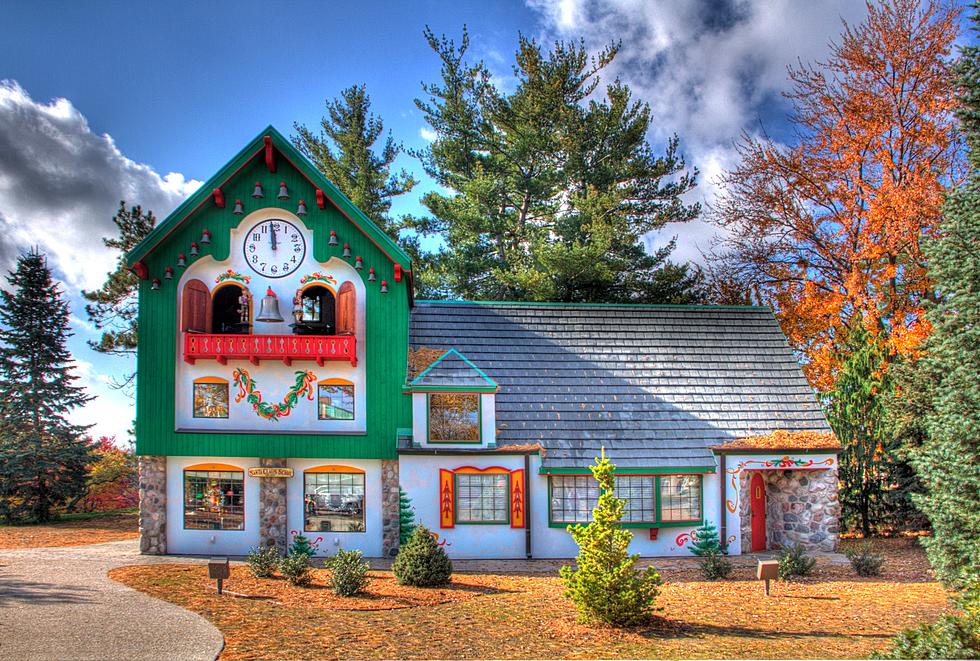
Here Are The Top Three Michigan Cities With Bad Rat Problems
The only time I want to see a rat in a kitchen is if I'm watching Ratatouille
If you live in one of these Three Michigan cities you have a good chance of seeing a rat.

Orkin released its Top 50 Rattiest Cities List and three of the top fifty cities were in Michigan.
The highest on the list was Detroit coming in at #8
which is actually an improvement. The year before the Motor City came in at #6.
On the west side of the state, Grand Rapids came in at #32. The year before Grand Rapids was #29.
Rounding out the Top 3 rattiest cities in Michigan we head back to the east side to Flint. The Vehicle City moved up the list eight spots from #41 to #34.
Orkin ranked metro regions by the number of new rodent treatments performed from September 15, 2020 to September 15, 2021. This ranking includes both residential and commercial treatments.
“As people resume normal activities, food availability will rise,” says Ben Hottel, an Orkin entomologist. “Rodents are experts at sniffing out food and shelter, and they’re resilient in their ways to obtain both. After a year of depleted resources, residential properties offer the ideal habitat for rodents, and once they’ve settled in, they’re capable of reproducing rapidly and in large quantities.”
Rodents are known to cause severe structural damage with their strong jaws and burrowing skills. They have oversized front teeth that can gnaw a variety of items, including electrical wires, water pipes and gas lines. “Unfortunately, rodents can cause great damage in and around homes,” said Hottel.
To help residents avoid the potential health and safety risks associated with rodents, Orkin recommends the following tips to help prevent rats and mice in and around the home:
Keep food stored away.
Small crumbs and garbage are popular food sources, as are dry goods such as grains and cereals. These should be kept in sealed metal or glass containers to prevent contamination.
Clear out the clutter.
Cardboard objects prove attractive to rodents, as they tend to chew them up for use in their nests. Take advantage of your extra time at home to clean and organize crowded spaces around the house.
Do not let the landscaping run wild.
Tall grass with adequate harborages, such as woodpiles next to the house, can be ideal habitats for rodents.
Inspect both inside and outside your home.
Key things to look for are rodent droppings, burrows and rub marks along baseboards and walls. The more quickly rodents are detected, the better.
Look for possible entry points.
Pay attention to access opportunities outside your home and seal any cracks and holes. Install weather strips around entryways, especially under doors, to help block rodents from sneaking inside.





